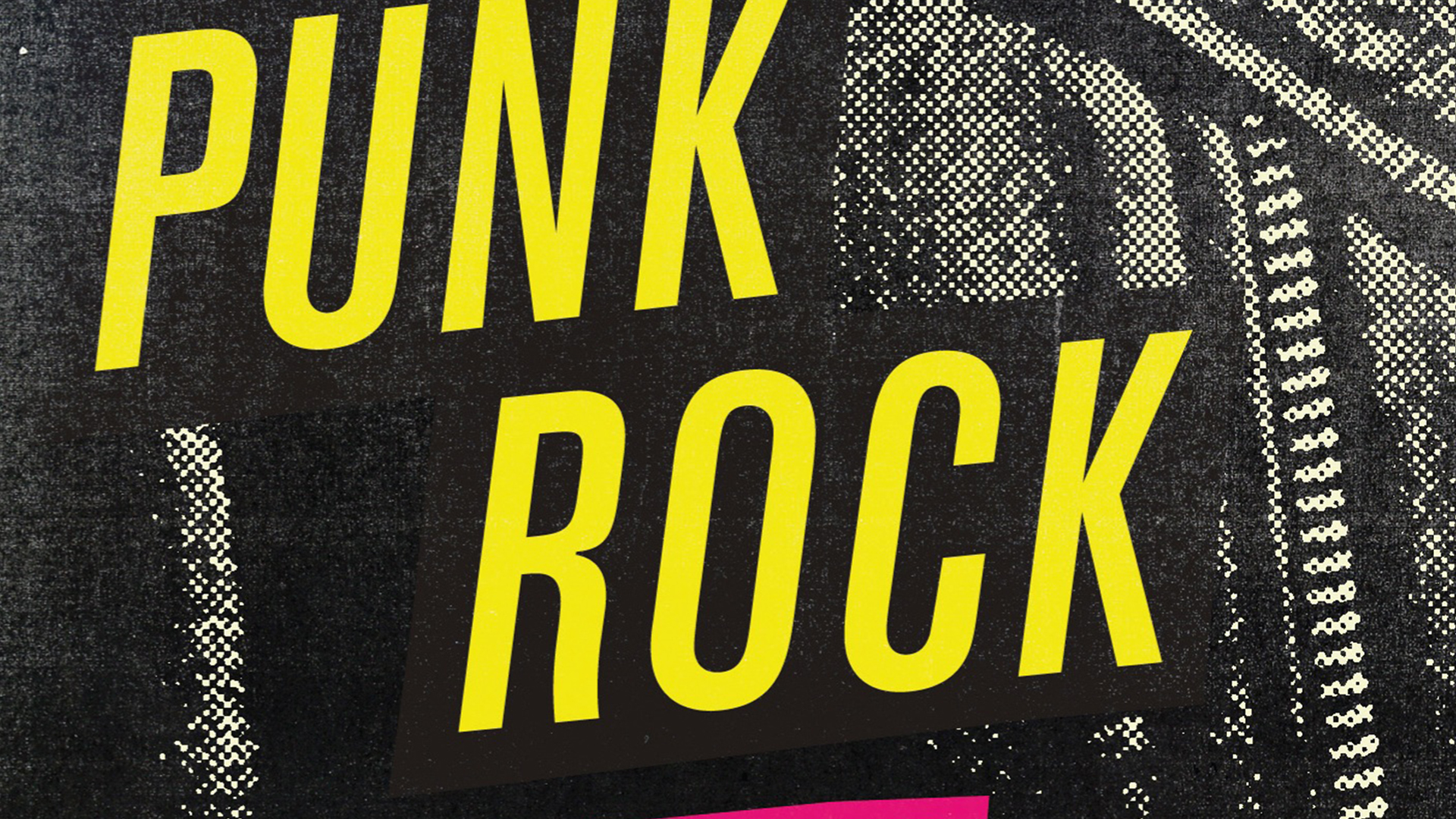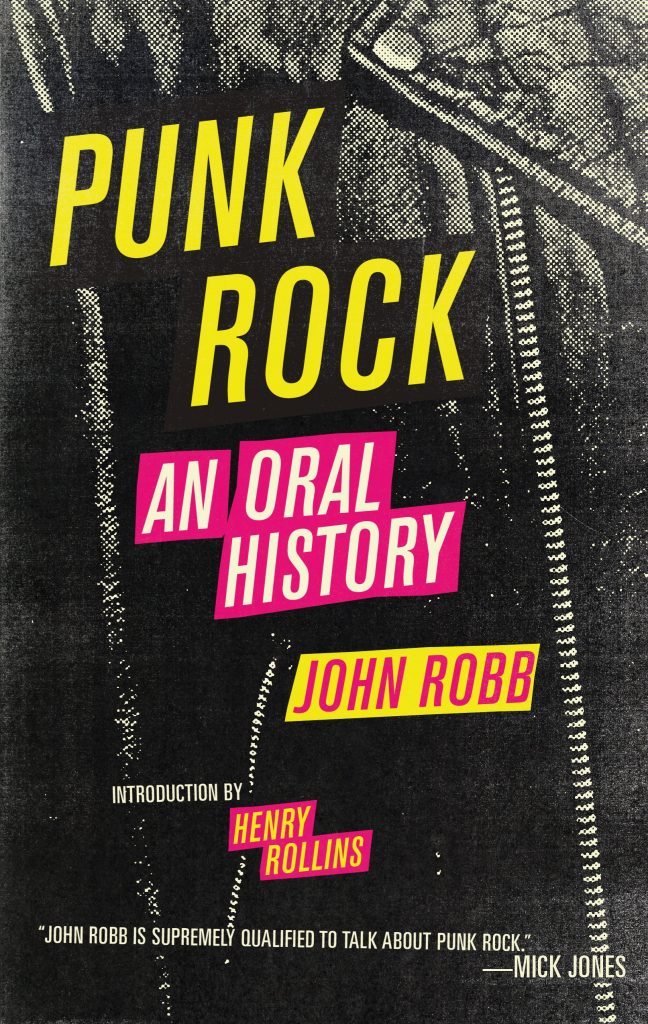By Jimmy Alvarado
Razorcake
Monday, January 21 2013
These days it’s almost as if you can close your eyes, throw a rock in any direction and hit either a book about U.K. punk’s “golden age,” or some punter who’s writing one. Most of them follow the same template: focus your attention on the Pistols, Clash, and so on, then pontificate liberally about the impact of the whole nonsense on Western Civilization as a whole before declaring the whole thing deader than a swastika-shirted bass player by 1979. The myopia and fallaciousness of that frame of mind is screamingly obvious to anyone who’s spent more than a week paying attention to punk, but nonetheless that attitude has become a bit of a cottage industry unto itself in the punk book world.
That said, this is another book wherein the lion’s share of pages roughly cover the same span of time as all the others. It is, however, a bit different both in structure, scope, and attitude. First, as its title implies, it’s an oral history, and for the most part allows its subjects to do the talking. Second, while there is no shortage of talk about that scene’s iconic bands, it also includes a wealth of information about names the casual punk fan might not be quite as familiar with—Lurkers, Eater, Subway Sect, Flowers Of Romance, and the Spitfire Boys—and it isn’t afraid to also include lengthy discussions about second and even third wave bands.
Author John Robb—who, having done time in both ‘80s punk sensations The Membranes and, more recently, Goldblade, is no stranger to the subject matter—keeps the tone conversational, allowing his subjects to go on related tangents and even snipe back and forth on occasion (although he also isn’t afraid to call bullshit or interject when he disagrees with someone’s assessment of another’s merits) while adhering to a fairly straightforward timeline. As a result, the book provides a decidedly more holistic view of punk’s explosion in the U.K. than most, giving first-person accounts of where the scene originated and how it developed and mutated, with tons of trivia ‘n’ tidbits (who fuggin’ knew Siouxsie Sioux’s whole shtick was just as influenced by the evil queen in Disney’s Snow White as it was by the more frequently cited Weimar Republic-via-Cabaret?) to keep one’s interest piqued throughout.
Best of all, Robb is well versed enough with punk’s history to know better than to pander that same tired “punk died in ___” jazz, stopping roughly in the early ‘80s merely because it’s just as good a place to stop as any, and acknowledging punk rock has continued on and even had some, albeit largely superficial, effect on the dominant culture. I went into this book with no shortage of trepidation, but as it stands, I’d say it’s as close to a go-to tome as you’re gonna get if you’re looking for a street-level account of the origins of Europe’s wing of the punk revolution. –Jimmy Alvarado (PM Press, PO Box 23912, Oakland, CA94623)







